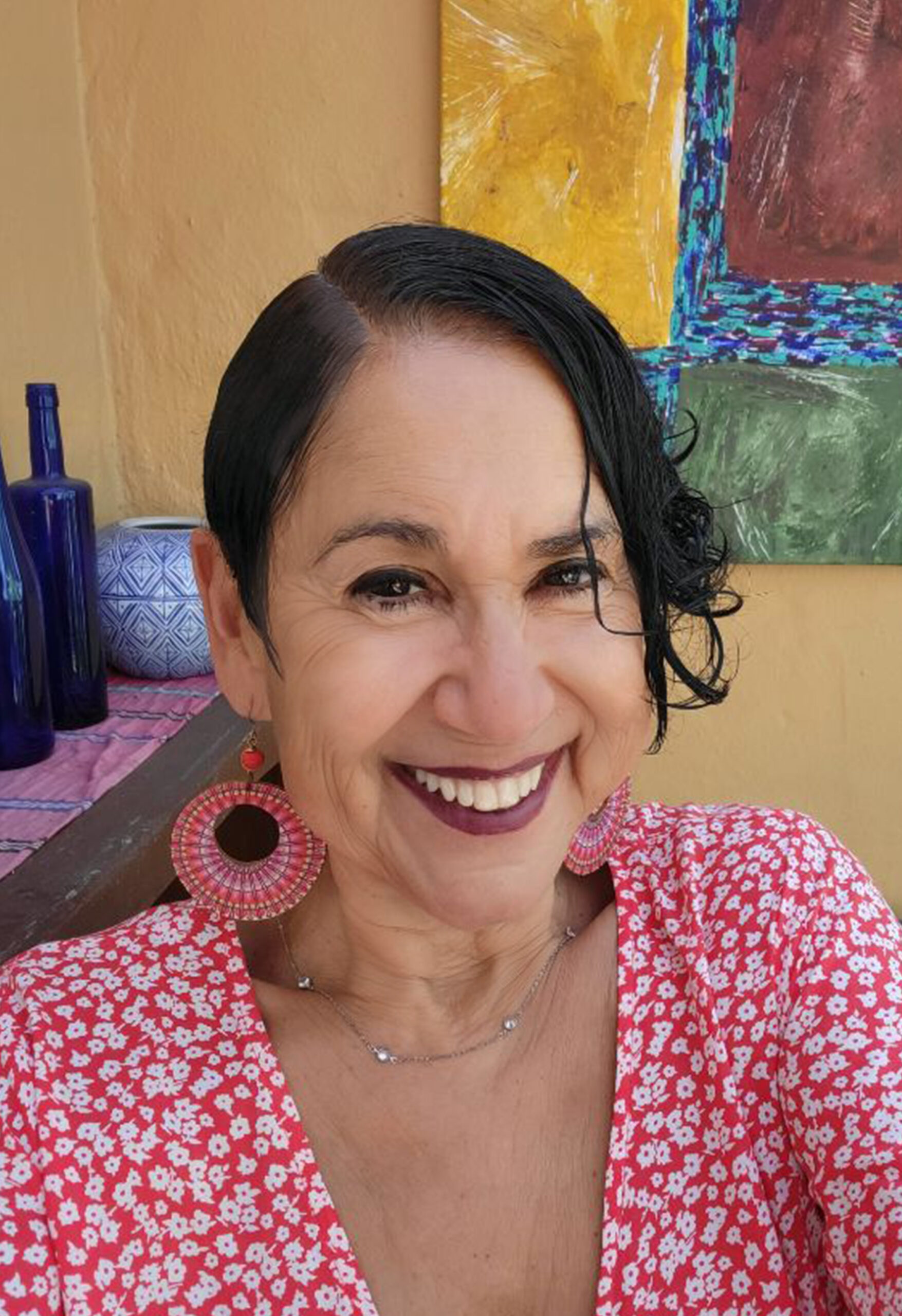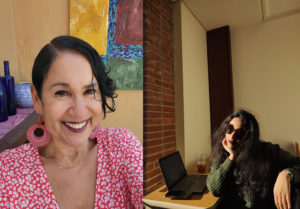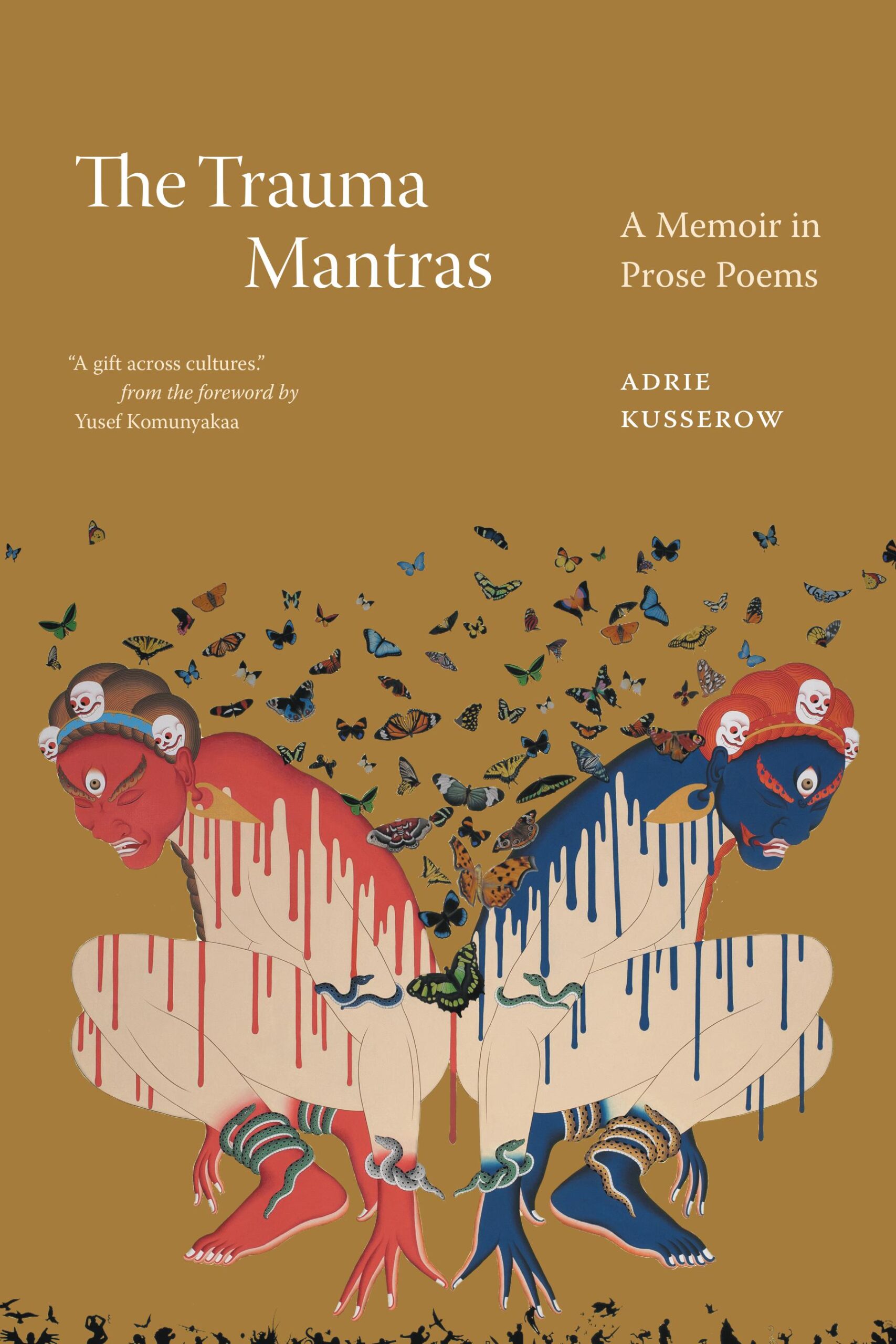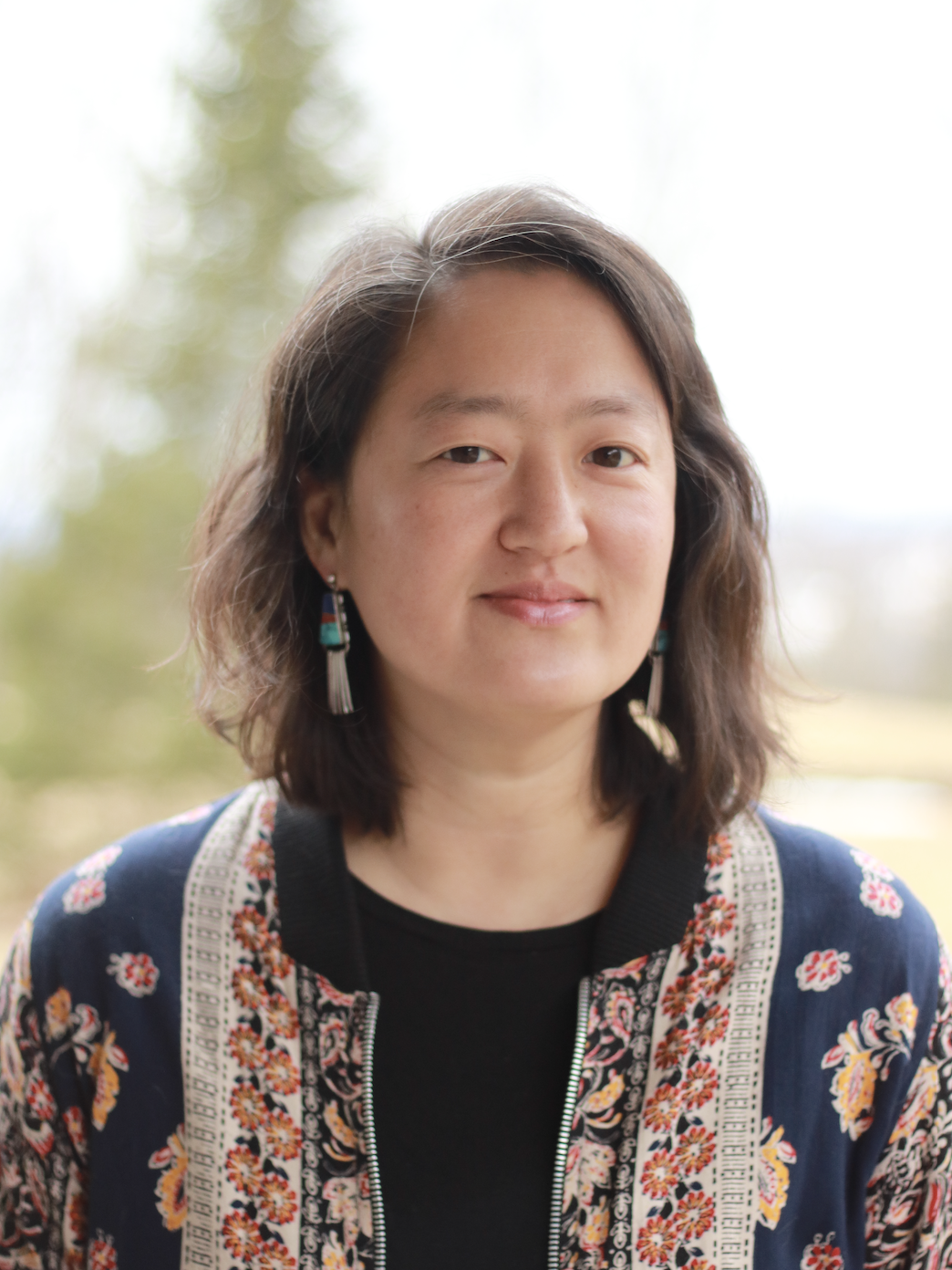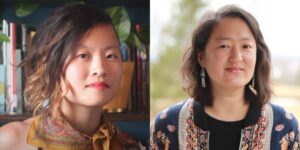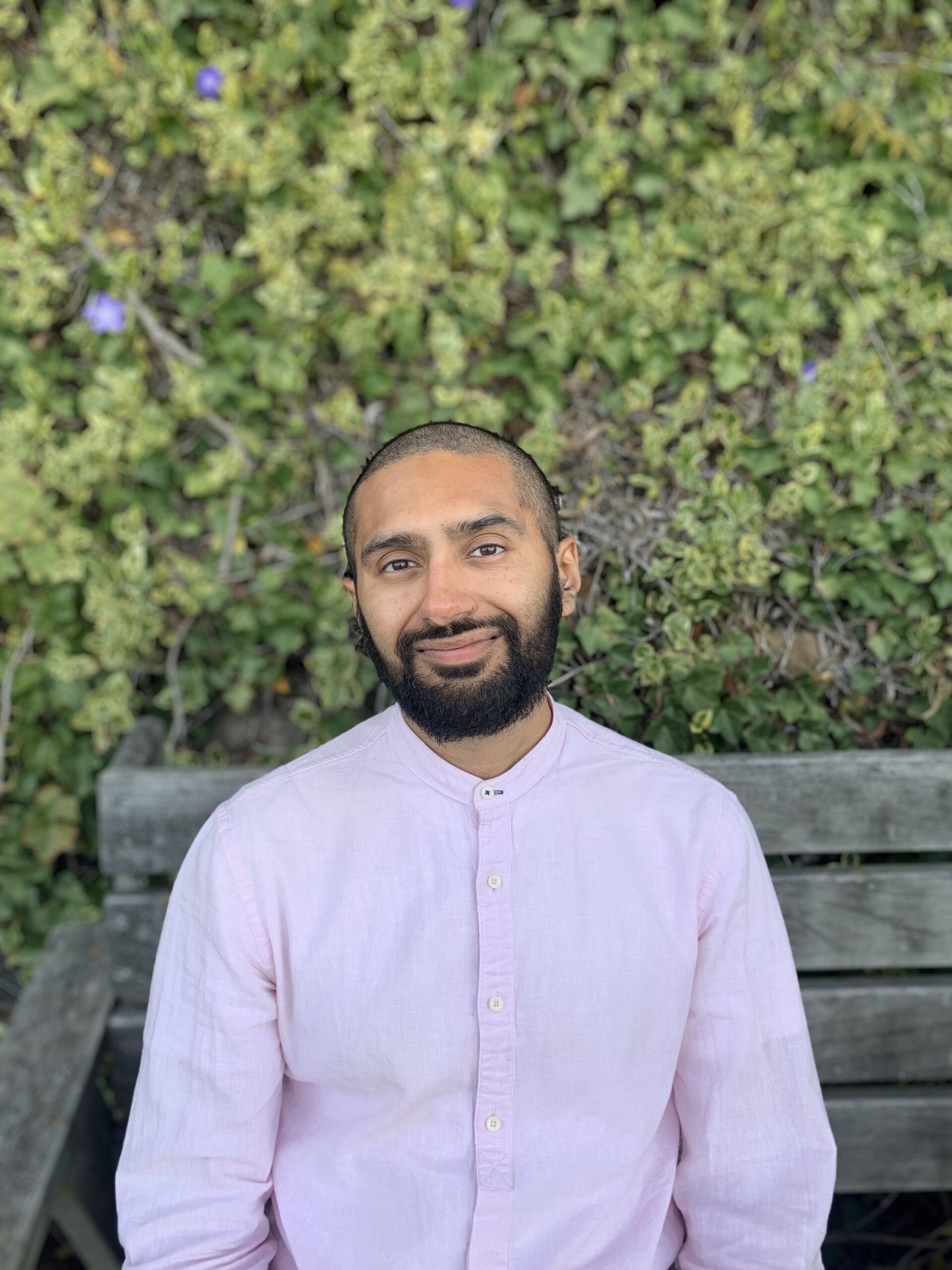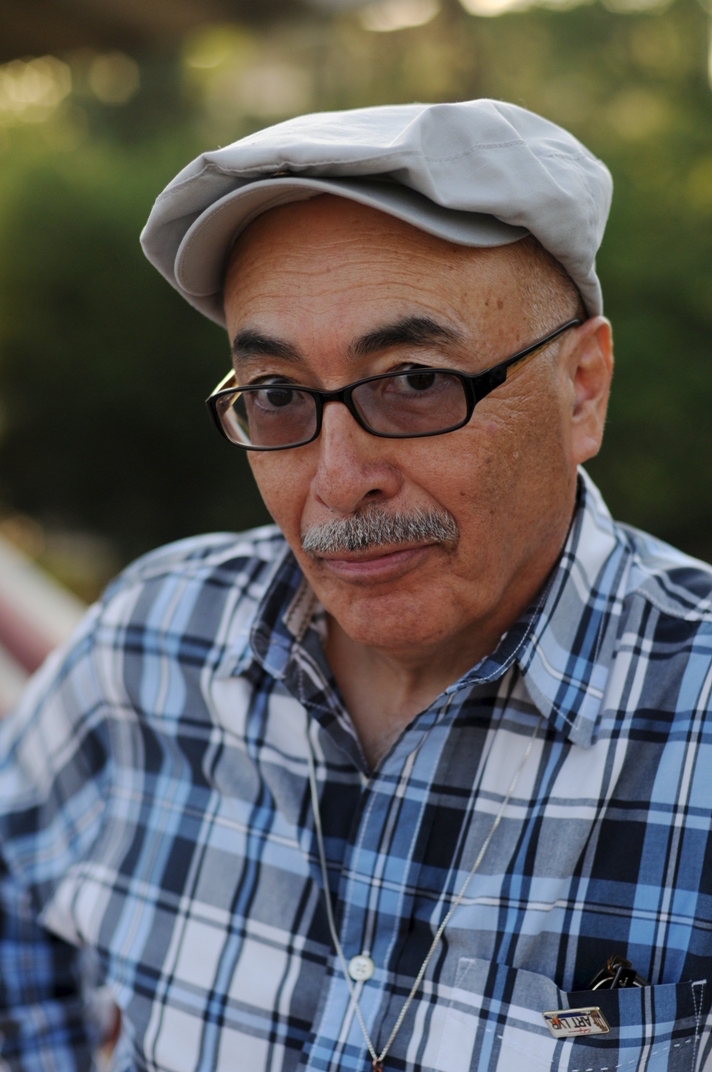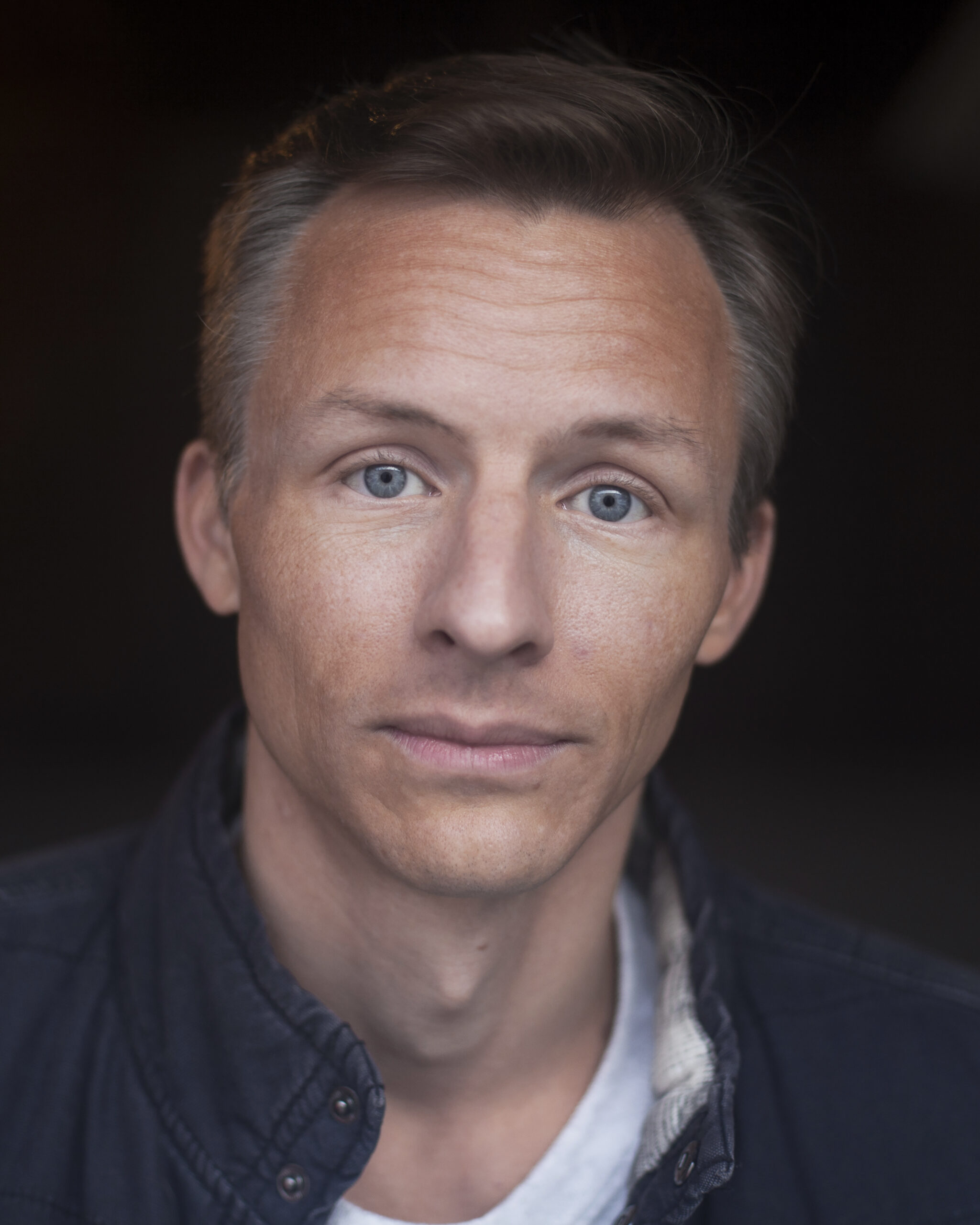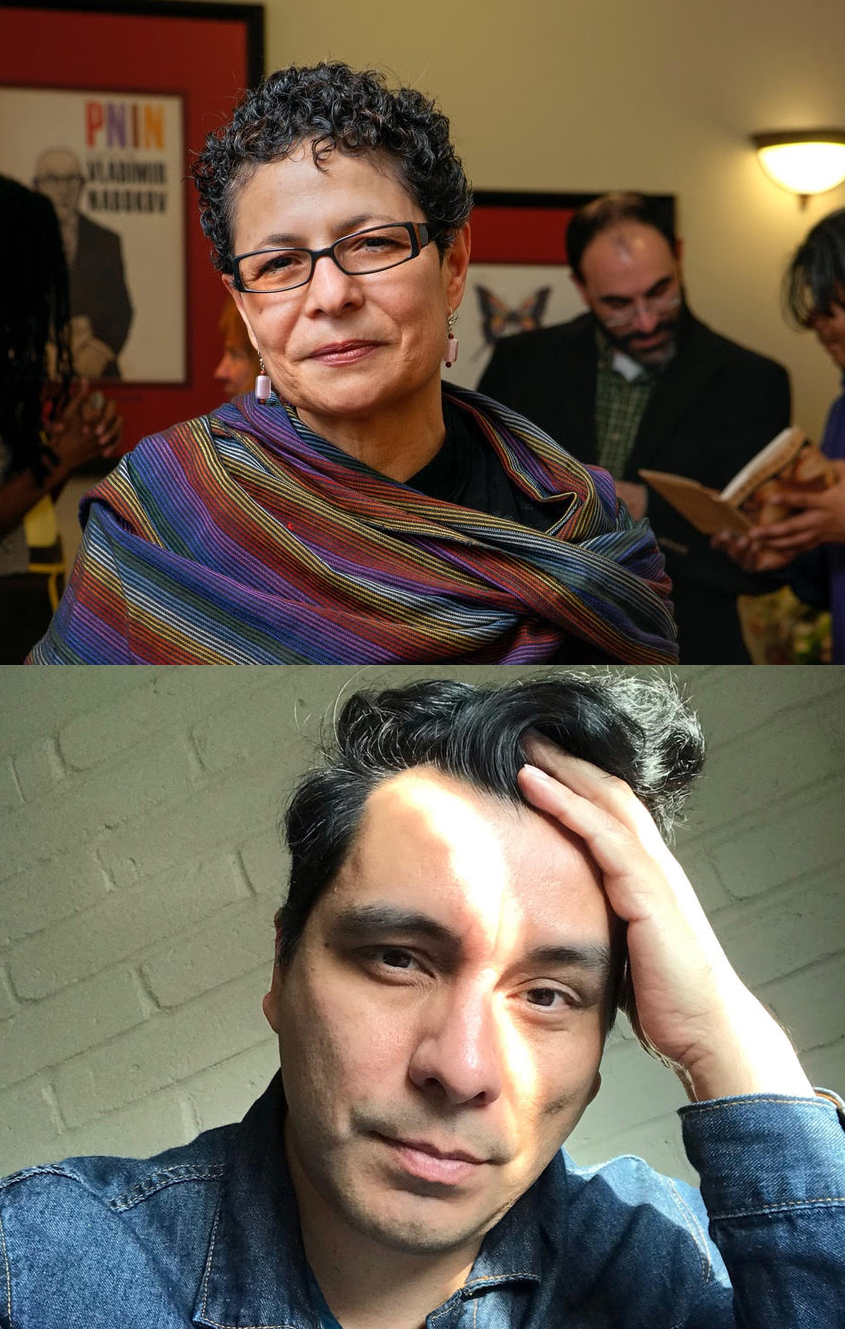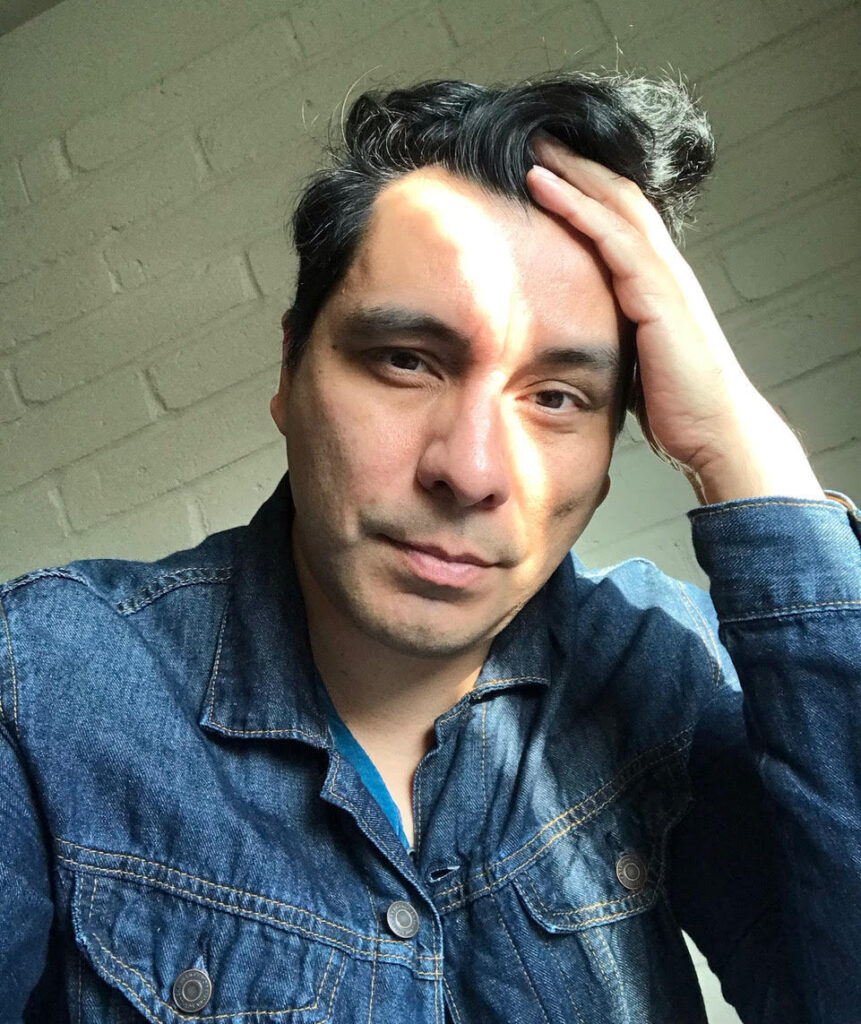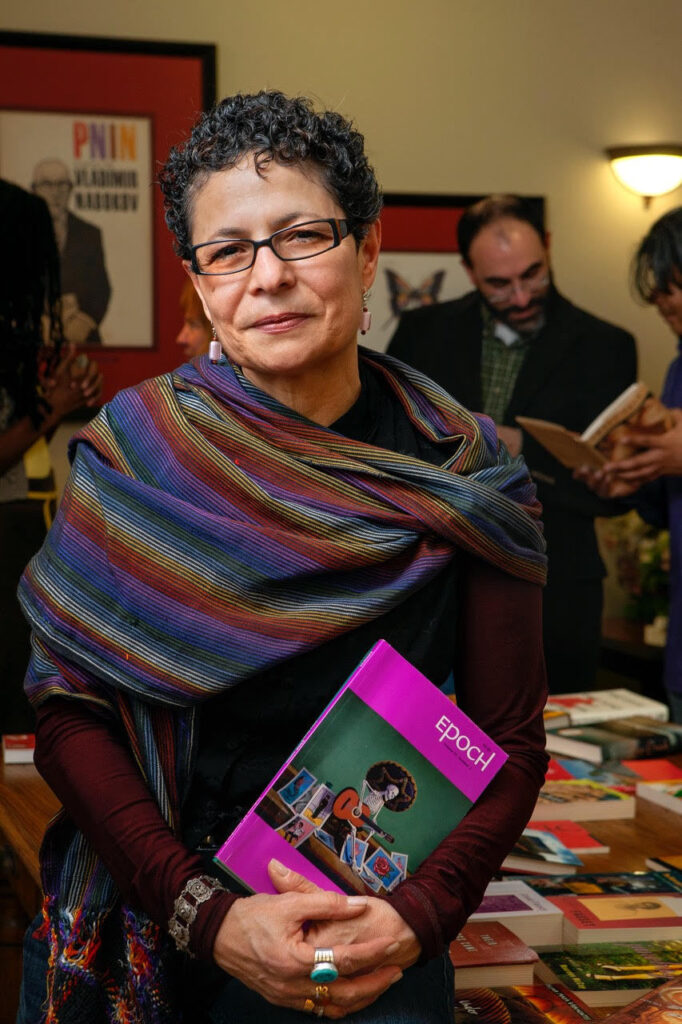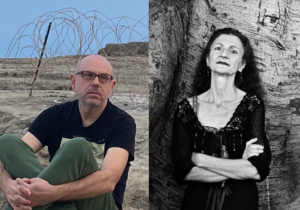
DIMITRIS LYACOS describes his new book, Until the Victim Becomes our Own, as a prequel to his world-renowned trilogy, Poena Damni—which begins with a fugitive on a train, but never clarifies what, whom, and where from he has fled, hinting at the past only through the traces it left, showing us a mere geography of scars. Until the Victim Becomes our Own reels us back to the pre-fugue universe, mapping both an archeological grid and a bird’s-eye view of our very own Western civilization, founded on Judeo-Christian traditions, then evolved through industrialization and capitalism up to the digitally-global present day.
Though he was bound to Israel when TOTI O’BRIEN reached out to him with her questions, Lyacos agreed to interweave their conversation with his travels, and we are glad he did.

